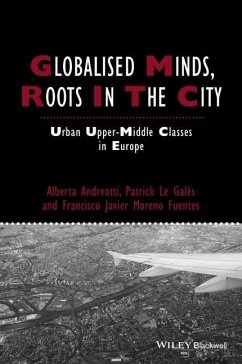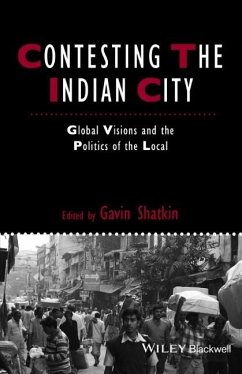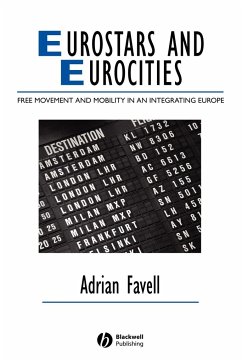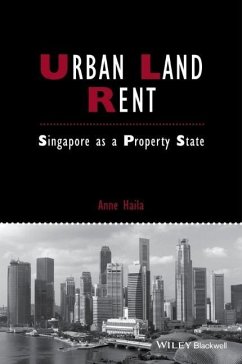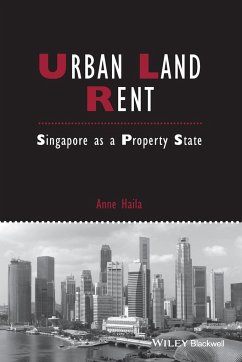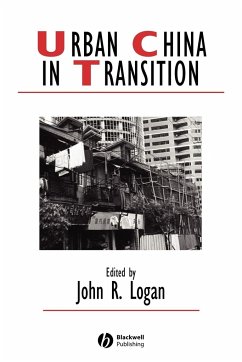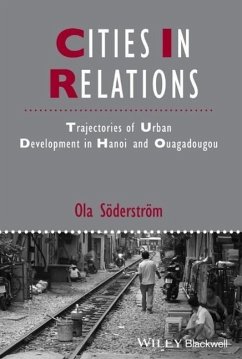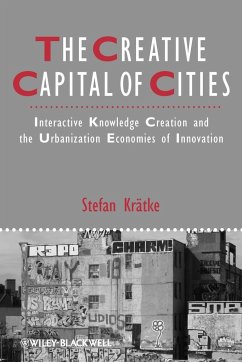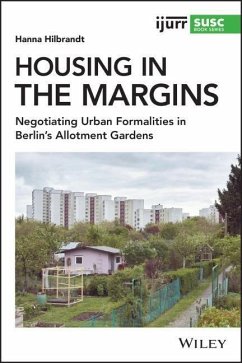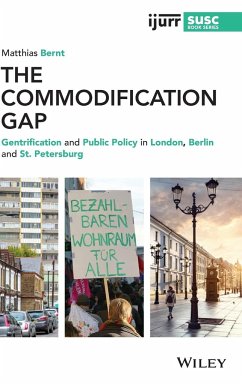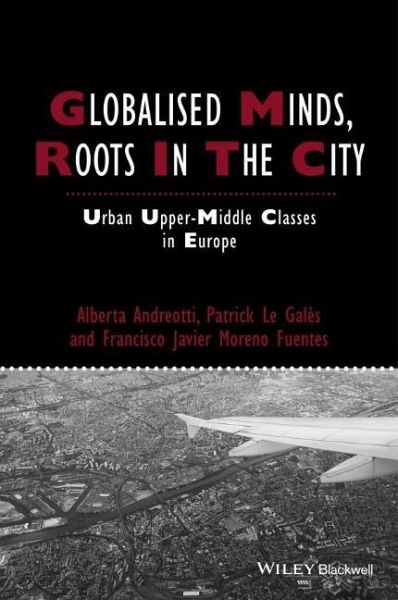
Globalised Minds, Roots in the City
Urban Upper-Middle Classes in Europe
Versandkostenfrei!
Versandfertig in über 4 Wochen
89,99 €
inkl. MwSt.
Weitere Ausgaben:

PAYBACK Punkte
45 °P sammeln!
Globalised Minds, Roots in the City utilises empirical evidence from four European cities to explore the role of urban upper middle classes in the transformations experienced by contemporary European societies.Presents new empirical evidence collected through an original comparative research about professionals and managers in four European cities in three countriesFeatures an innovative combination of approaches, methods, and techniques in its analyses of European post-national societiesReveals how segments of Europe's urban population are adopting "exit" or "partial exit" strategies in respe...
Globalised Minds, Roots in the City utilises empirical evidence from four European cities to explore the role of urban upper middle classes in the transformations experienced by contemporary European societies.
Presents new empirical evidence collected through an original comparative research about professionals and managers in four European cities in three countries
Features an innovative combination of approaches, methods, and techniques in its analyses of European post-national societies
Reveals how segments of Europe's urban population are adopting "exit" or "partial exit" strategies in respect to the nation state
Utilises approaches from classic urban sociology, globalization and mobility studies, and spatial class analysis
Includes in depth interviews, social networking techniques, and classic questions of political representation and values
Presents new empirical evidence collected through an original comparative research about professionals and managers in four European cities in three countries
Features an innovative combination of approaches, methods, and techniques in its analyses of European post-national societies
Reveals how segments of Europe's urban population are adopting "exit" or "partial exit" strategies in respect to the nation state
Utilises approaches from classic urban sociology, globalization and mobility studies, and spatial class analysis
Includes in depth interviews, social networking techniques, and classic questions of political representation and values




